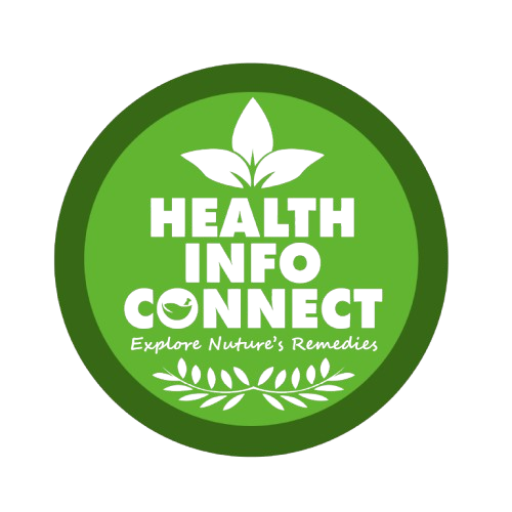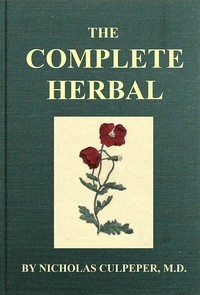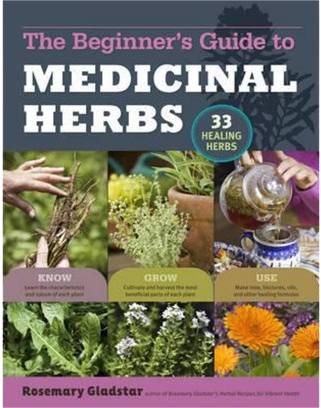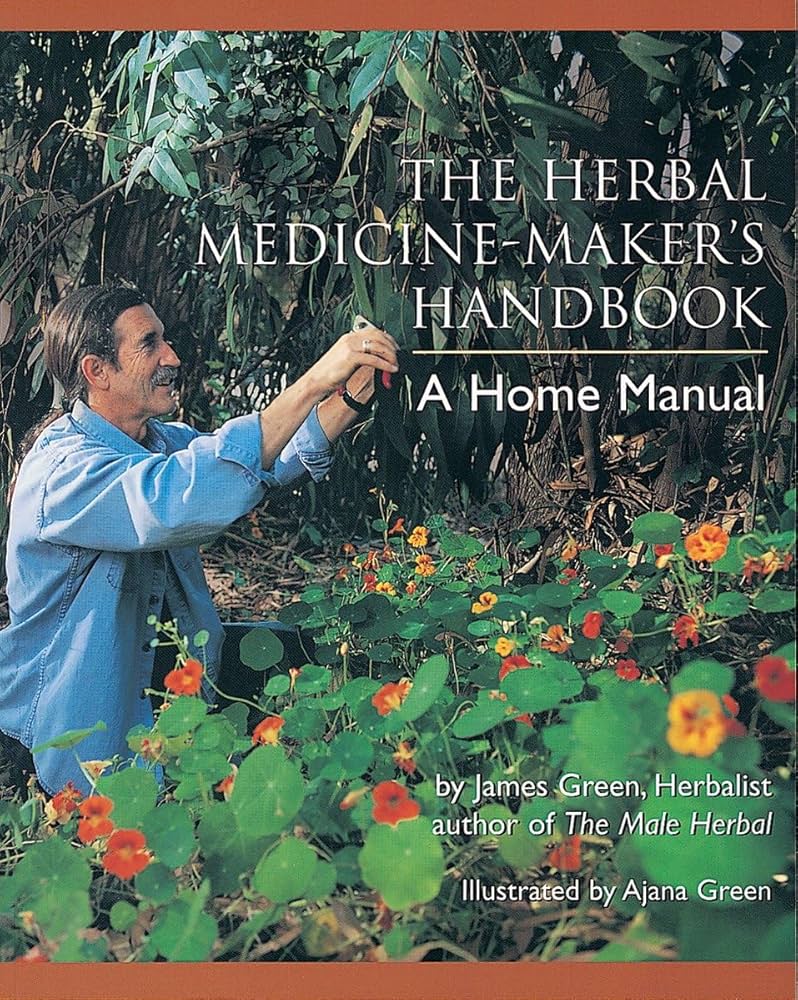Resources
Welcome to our comprehensive resource hub for natural remedies and herbs. Here, you’ll find curated reading materials, video tutorials, and answers to your most frequently asked questions.





1. What are natural remedies?
Natural remedies are treatments derived from plants, herbs, and other natural sources to promote health and address various ailments. They are often used as an alternative or complement to conventional medicine.
2. Are natural remedies safe to use?
Most natural remedies are safe when used correctly, but their safety depends on the herb, dosage, and individual health conditions. It’s important to consult with a healthcare professional, especially if you are pregnant, nursing, or taking other medications.
3. What are some common herbs for stress relief?
Adaptogenic herbs like ashwagandha, holy basil (tulsi), rhodiola, and valerian root are commonly used to manage stress and promote relaxation.
4. How do I start using herbal medicine?
Start with common and well-known herbs such as chamomile, peppermint, and turmeric. Research their benefits, and try simple preparations like teas or tinctures. Consider consulting an herbalist or reliable resources for guidance.
5. How do I store dried herbs?
Store dried herbs in airtight containers, away from direct sunlight, heat, and moisture. Mason jars or dark glass containers are ideal for preserving their potency.
6. Can I grow medicinal herbs at home?
Yes, many medicinal herbs like mint, basil, lavender, and aloe vera are easy to grow at home. They require minimal care and can be used fresh or dried.
7. Are there any side effects of herbal remedies?
Some herbs may cause allergic reactions, interact with medications, or have side effects if taken in large doses. Always research the herb or consult an expert before use.
Trusted Health and Wellness Platforms
Explore a collection of reliable resources offering valuable insights into holistic health, natural remedies, and wellness practices. From evidence-based research to educational tools, these websites empower you to make informed decisions about your health and well-being.
National Center for Complementary and Integrative Health (NCCIH)
A part of the NIH, this site offers research-based information on complementary and alternative medicine practices.
The American Holistic Health Association (AHHA)
Provides information on holistic health practices, resources for consumers, and a directory of holistic practitioners.
The Institute for Natural Medicine (INM)
A resource dedicated to patient education concerning natural medicine and holistic health, including resources and practitioner directories.
Dr. Axe (formerly Ancient Nutrition)
Offers articles on natural remedies, nutrition, and holistic health practices, focusing on a holistic approach to wellness.
The Herbal Academy
An educational resource about herbalism, providing courses, guides, and articles on natural remedies and herbal health.
The Nutrition Society
While more science-focused, this site provides evidence-based information on nutrition, including holistic approaches.
MindBodyGreen
Offers articles on wellness, holistic living, nutrition, and mindfulness practices, blending holistic health with modern lifestyles.
The Association for Comprehensive Energy Psychology (ACEP)
Provides information on energy psychology and holistic mental health practices.
The American Association of Naturopathic Physicians (AANP)
A resource for information about naturopathic medicine and practitioners in the field.
GreenMedInfo
A comprehensive resource for natural health information, documenting the medicinal properties of various plants and natural remedies.
Centers for Disease Control and Prevention (CDC)
Provides information on health topics, disease prevention, health statistics, and public health guidelines.
National Institutes of Health (NIH)
The primary agency for biomedical research, offering resources on health topics and ongoing research.
MedlinePlus
A service of the National Library of Medicine, providing accessible health information for patients and families.
Food and Drug Administration (FDA)
A service of the National Library of Medicine, providing accessible health information for patients and families.
Health Resources and Services Administration (HRSA)
Focuses on improving access to healthcare for underserved populations, providing resources on various health topics.
Substance Abuse and Mental Health Services Administration (SAMHSA)
Provides information regarding mental health and substance use disorders, including treatment resources.
U.S. Department of Health and Human Services (HHS)
The main federal agency protecting the health of all Americans and providing essential human services.
National Cancer Institute (NCI)
Provides information on cancer research, statistics, prevention, and treatment options.
Environmental Protection Agency (EPA) - Health Topics
Offers information on environmental health topics, pollutants, and their impact on health.
National Center for Health Statistics (NCHS)
A part of the CDC, providing vital statistics and health information trends.






